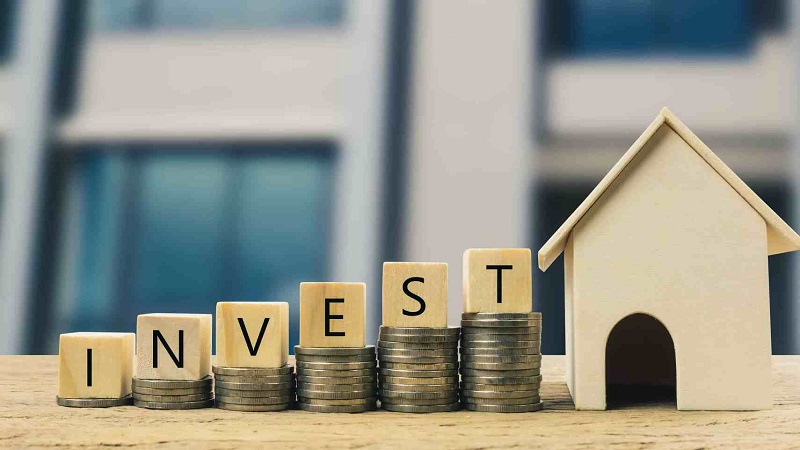7 Factors to Consider When Buying an Investment Property 2023

An investment property is any rental property that is not your primary residence. If you do not live in a home and it is mostly rented, that also counts as an investment property. More specifically, if you purchase a real estate property intending to make money via rental income or resale, that is an investment property. They can be residential properties like townhouses, single-family homes, and apartment buildings, or commercial properties like retail space, hotels, and restaurants.
Buying an investment property is one of the smartest financial decisions. You will get a significant return on investment through passive income, equity gains, and tax breaks if done right. Yet, a huge return on your investment is not always guaranteed. You must think strategically when selecting and purchasing your investment property and work with market trends that affect your investment.
It is normal to feel overwhelmed by the process when it is your first time buying an investment property. The stakes can be high in some cases, and there is so much to consider. Even so, you don’t have to fret. This piece puts together the seven fundamental factors you should consider when buying an investment property in 2023 for higher chances of success.
Property Management
It would be best to ask yourself how hands-on you would like to be with your investment property before you buy it. You can decide whether you want to deal directly with renters by serving as a landlord and overseeing the everyday operations or pay a management company such as Premier Property Management Services to do the work for you. Your involvement will depend on how involved you want to be and whether you want to incur the cost of a property management service.
Notably, hiring a property management company is not necessarily more expensive than doing things yourself. In many cases, it is more cost-effective. For instance, say you have a vacation rental; you will need to market the property on various websites, which adds additional fees such as leasing and booking. On the other hand, a property management service charges a commission fee of 10% for every rental, making it more cost-effective.
The Condition of the Property
While it might be an excellent decision to buy a fixer-upper in some cases, you need to be careful with such an approach. It will serve you best to be realistic about the time and money it would cost to fix the property and whether you will get a substantial ROI after making the repairs.
Ensure you conduct a thorough inspection of a property with the help of a professional before buying it. Then, you can weigh what you can do yourself and what will require outside contractors. Proceed to get estimates for any primary job that someone else will do. If you decide to get the apartment with issues, ensure you fix all of them since there can be grave consequences if a tenant gets hurt.
The 1% Rule
The income from your apartment should abide by the 1% rule. It is simple mathematics. For example, if you purchase a rental property worth $200, 000 it would need to bring in $2,000 every month. You can only compromise on the rule if you are buying a property for speculation. That is, buying a house in a rapidly improving neighborhood with home values and rent estimated to skyrocket.
Insurance Costs
Insurance costs can heavily impact your profits. It is, therefore, vital to do your due diligence before buying your property. First, you must decide the kind of coverage you will have on your property. Choose whether you want to pay a smaller monthly premium and face a higher deductible when making a claim. Also, you have to decide whether you will cover tenants’ personal property.
Second, you must establish whether the area you are interested in has high insurance premiums. Houses with very high premiums may not be worth it. After you are ready to proceed, ensure you compare insurance rates.
Property Taxes
Property taxes are another expense you should consider when buying an investment property. High taxes will eat into your profits, while low taxes will allow you to keep a more significant portion of the rental income.
Metropolitan areas will typically have higher taxes than rural areas. So, weigh taxes and the expected income and choose where you will make significant profits.
Neighborhood
Consider buying your property in a neighborhood that offers security. Curb appeal is another factor since most tenants prefer living in areas with well-painted houses and well-manicured lawns.
Unexpected Costs
The primary purpose of buying an investment property is to make money. However, you should prepare for unexpected expenses. Always have a sizable amount of extra cash as a cushion and keep it available, whether on a savings account or a credit card.
Wrapping Up
An investment hallmark can be one of the most fruitful purchases ever. Weigh the risks but don’t dwell much on them. Remember, no investment is a guarantee; you must be prepared when something goes wrong and have some flexibility in your finances. You can work with an advisor to help you walk through the process and make the best purchase possible. Also, evaluate the factors listed in this piece to ensure you make a smart investment.